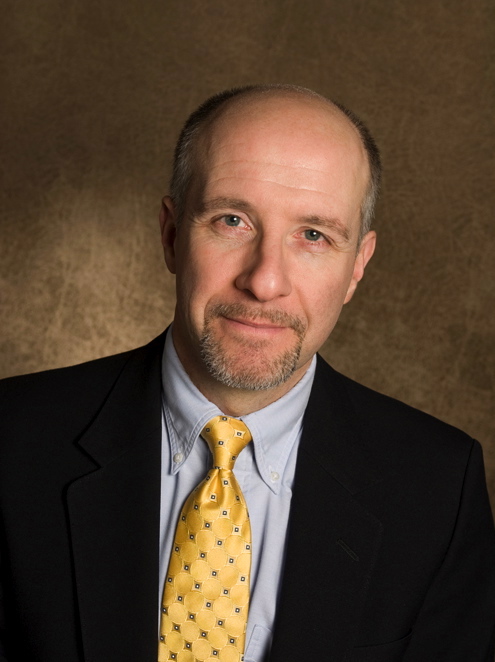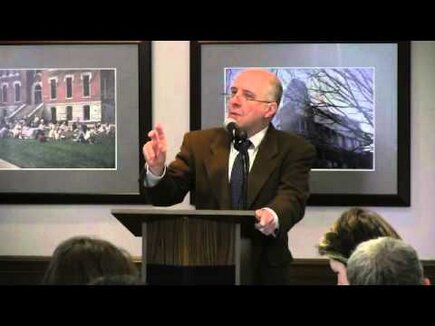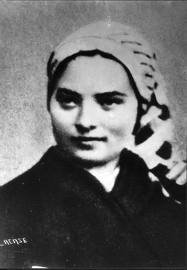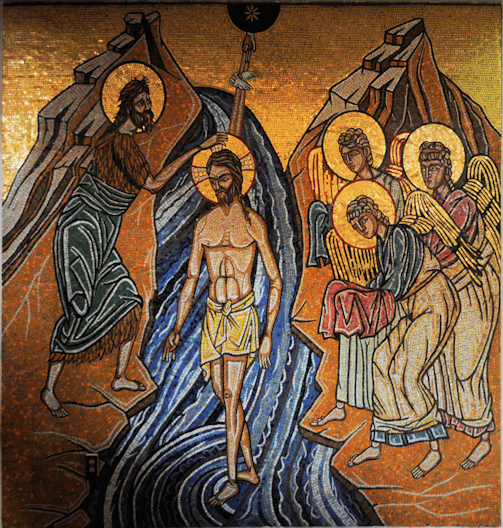Morrill on Bergolio: A scholar's assessment of Pope Francis I, one year in
 Professor Bruce Morrill, S.J. In February 2014 at Vanderbilt University, Professor Bruce Morrill, S.J. presented Evangelization and Social Justice: Fundamentals of Pope Francis' Mission. (Click here to see and hear Bruce Morrill's presentation.)
Professor Bruce Morrill, S.J. In February 2014 at Vanderbilt University, Professor Bruce Morrill, S.J. presented Evangelization and Social Justice: Fundamentals of Pope Francis' Mission. (Click here to see and hear Bruce Morrill's presentation.)
 Drawing upon images from the pontifical election and events that occurred since Pope Francis's election one year ago, Professor Morrill begins with a narrative that draws upon his own first impression when he heard the NPR news that Jorge Bergolio, S.J., a fellow Jesuit was elected as the leader of the Catholic Church.
Drawing upon images from the pontifical election and events that occurred since Pope Francis's election one year ago, Professor Morrill begins with a narrative that draws upon his own first impression when he heard the NPR news that Jorge Bergolio, S.J., a fellow Jesuit was elected as the leader of the Catholic Church.
With his typical engaging teaching style that uses narratives, vignettes and images, Professor Morrill's frames "snapshots " of the mission of Pope Francis I that sum up what kind of church this pope envisions - a hands-on, non-conformist missionary church that Jorge Bergolio, S.J. - Pope Francis I immediately models throughout this first year of his papacy from the first days following his election.
Recall the moments from those first moments of the papal election one year ago.
Pope Francis emerges from the papal balcony, waves and essentially says waves 'Hi." "Good evening. Well, my fellow cardinals went to the ends of the world to find me but here I am."
The new pope's first act is to ask for the prayers of the people. "And the people get it," Professor Morrill tells us. "They know how to pray." In his presentation, Professor Morrill recalls that he found himself praying as NPR allowed the silence of the moment to transmit without the usual commentary that live coverage usually provides. Apparently NPR caught on quickly and simply but astutely allowed the moment to be the moment. Bravo, NPR.
Some highlights from Professor Morrill's presentation may capture your interest enough to listen to the entire talk.
"The whole purpose of the Church is in service to the world." Morrill on Pope Francis' mission
"I'm trying to show priests how to behave." Pope Francis to the media upon returning to Santa Marta post election to pay his own hotel bill.
"The Gospel isn't about ideas and arguments, is it? It's about relationships which will then include dialogue, teaching and learning." Morrill, presentation.
"He has made it emphatically clear that the Church is the Church when it is a church of the poor - not a church for the poor, but a church of the poor." Morrill on the pope's actions and his preaching. (One preposition can make all the difference in the world. Nice going, Professor.)
"The Church must be a church that goes out. It's not enough to hang your signs and say 'Come home for Lent, come on back, come on in. That's a mistake. You go out and meet them where they are." Morrill on the Church as a missionary in service of the whole world.
Professor Morrill briefly explores Apostolic Exhortation, Evangeli Gaudium (The Joy of the Gospel), which benefits the whole church. However, this astute teacher tells us that this humble and in his own way, brilliant pope uses this occasion to work with the teaching of the Church to make it effective beyond just words on a piece of paper. The Joy of the Gospel is about a church that goes out to the people in real time, a church that is apostolic, a missionary according the mandate of Jesus Christ to go out to the world and be the Gospel of joy. Can that create a counter cultural mess? You bet. The Church is not meant to be preserved but spent, shared and not stored, distributed not saved.
Professor Morrill tells us that the pope insists that's what the Church needs to be. "I would much prefer a church that goes out and makes mistakes and gets bruised and dirtied than stays in its palaces and waits for people to come to it," Morrill quotes the pope from The Joy of the Gospel. And let us say 'Amen.'
Perhaps Professor Morrill's talk on Pope Francis I will be your kick start for a richer Lent, a time when mess and mud and dirt create space for a really good cleansing. Profound thanks to Bruce Morrill, S.J., Ph.D. on providing another of his many rich resources of wisdom, wit and wonderful theological insights.
If you're inspired to dig deeper into Professor Morrill's work, click on the link for some of his writing and books.
 Denise Morency Gannon
Denise Morency Gannon

